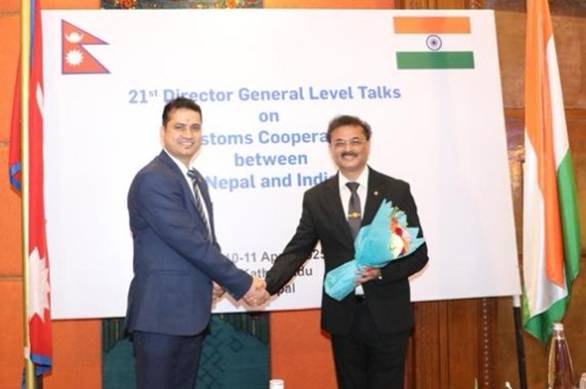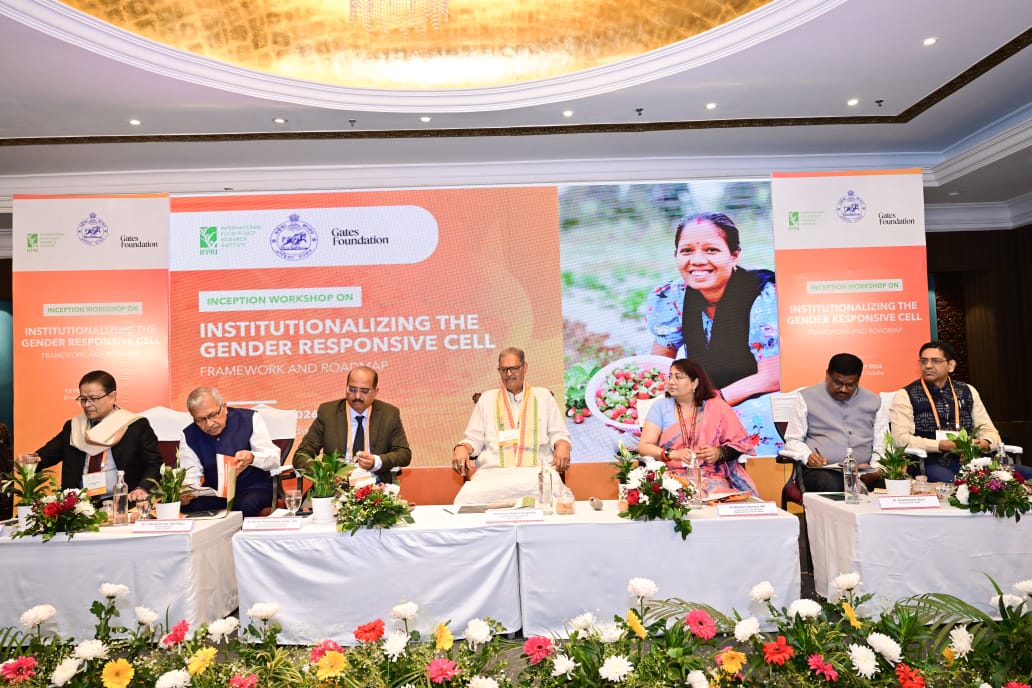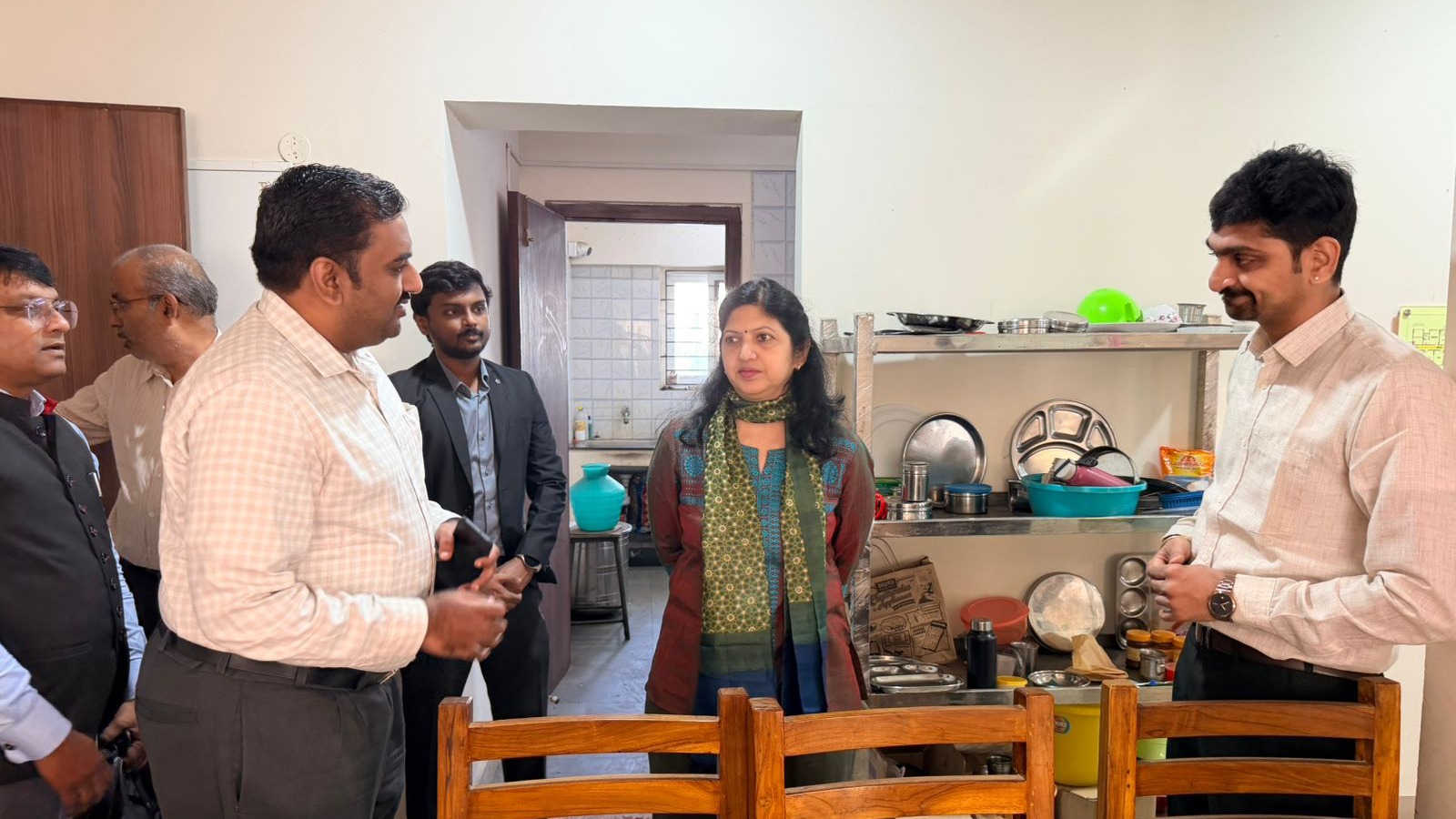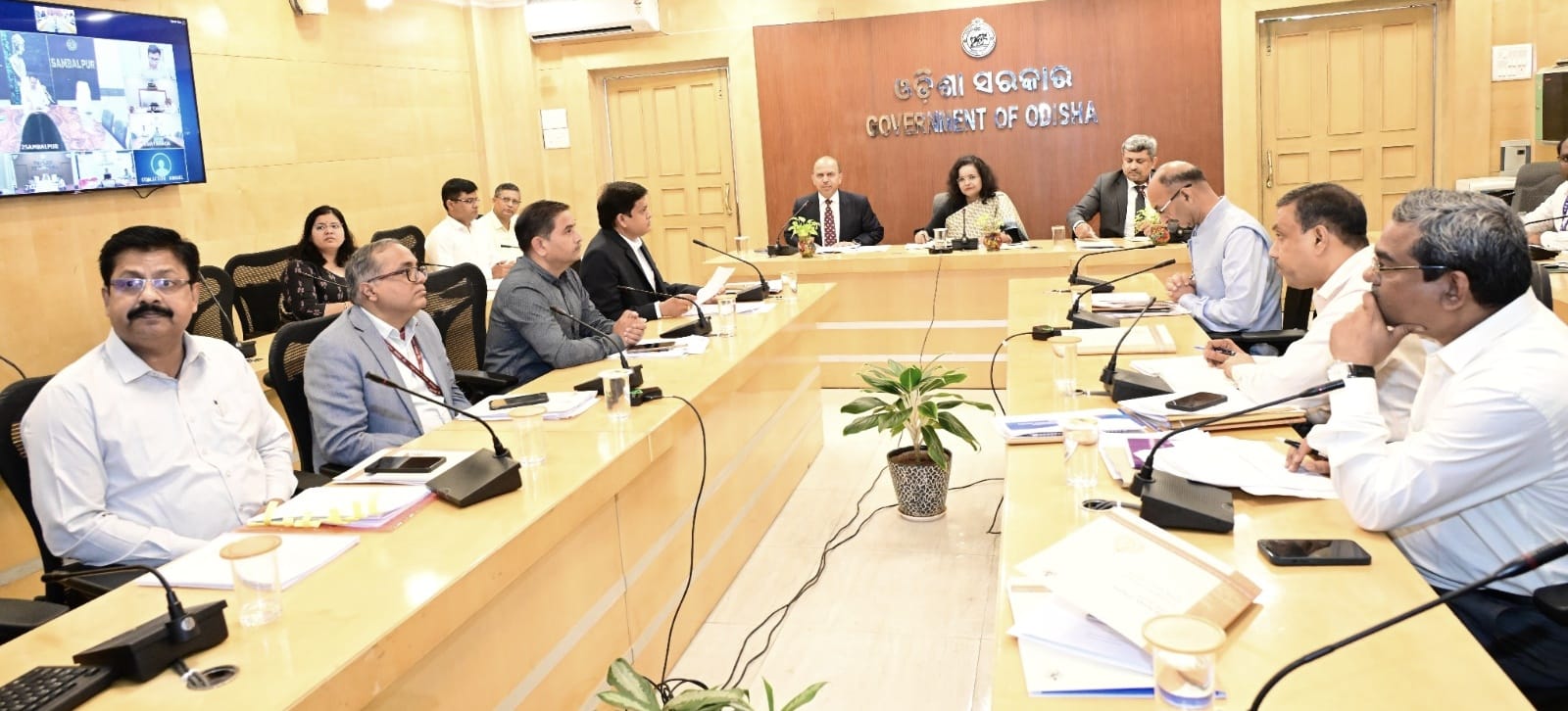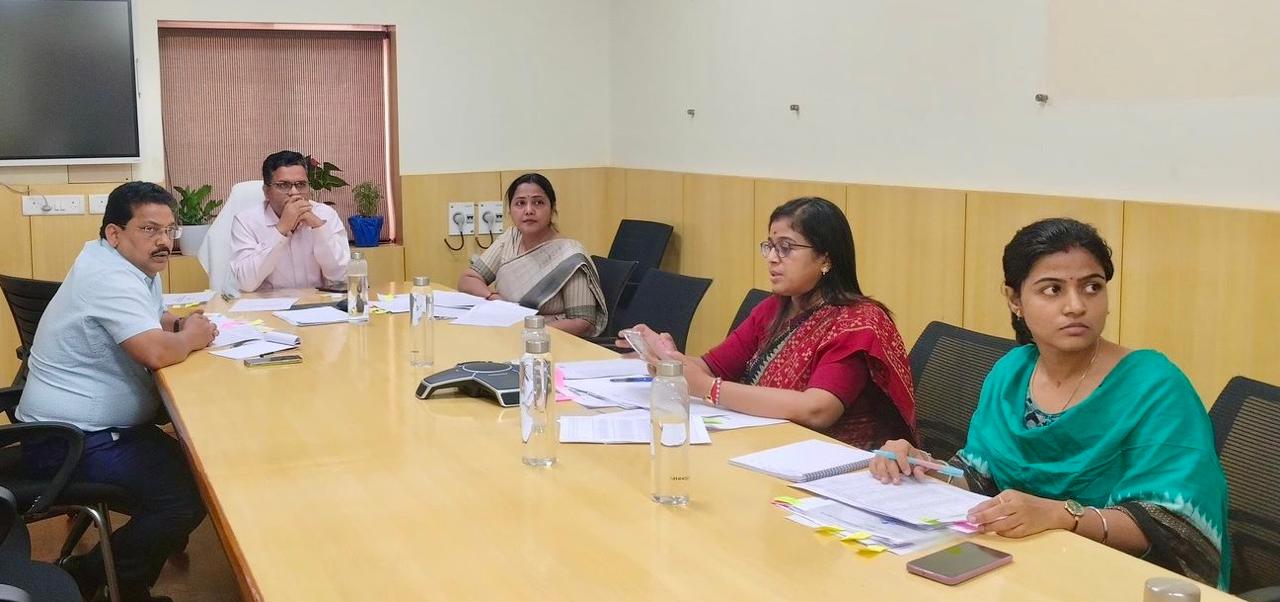Kathmandu: The 21st Director-General Level Talks on Customs Cooperation between India and Nepal were held in Kathmandu on April 10 and 11, 2025, reaffirming the commitment of both countries to strengthening border security and facilitating smoother trade operations. The Indian delegation was led by Abhai Kumar Srivastav, Director-General of the Directorate of Revenue Intelligence, Central Board of Indirect Taxes & Customs, Department of Revenue, Ministry of Finance, Government of India. His counterpart, Mahesh Bhattarai, Director-General of the Department of Customs, Ministry of Finance, Government of Nepal, led the Nepali delegation.
During the high-level meeting, the two sides discussed a wide range of bilateral issues aimed at enhancing cooperation between their customs administrations. The talks focused on measures to combat smuggling, finalisation of the Customs Mutual Assistance Agreement (CMAA), and a review of progress on the Memorandum of Understanding concerning the Pre-arrival Exchange of Customs Data and the Electronic Origin Data Exchange System (EODES). Discussions also centred on facilitation of transit cargo movement under the Electronic Cargo Tracking System (ECTS), automation and digitisation of transit processes, upgradation of border infrastructure, and capacity development initiatives for customs officials.
The delegations deliberated on growing concerns surrounding trans-border criminal activities and the smuggling of gold, narcotics, fake currency notes, restricted goods like e-cigarettes and e-lighters, certain agricultural products such as specific varieties of garlic, and other forms of commercial fraud. Both countries acknowledged smuggling as a shared challenge and committed to working together more closely through timely intelligence sharing, joint enforcement actions, and coordinated border control measures.
Nepal’s importance as a priority partner under India’s ‘Neighbourhood First’ Policy was reiterated during the talks. India continues to be Nepal’s largest trade partner and accounts for nearly two-thirds of its exports. In this context, the Director-General level dialogue is a crucial mechanism to foster legal trade, improve regulatory efficiency, and deter illicit cross-border activities in an increasingly interconnected global economy.
The meeting concluded on a constructive and optimistic note. The Nepali delegation expressed its gratitude to the Government of India, especially the Central Board of Indirect Taxes and Customs, for its continued support in organising knowledge sharing and capacity-building programmes for Nepalese customs officials. Both sides also agreed to explore the adoption of new technologies to streamline customs operations, improve transparency, and ensure a secure and efficient border management system that serves the economic interests of both nations.

